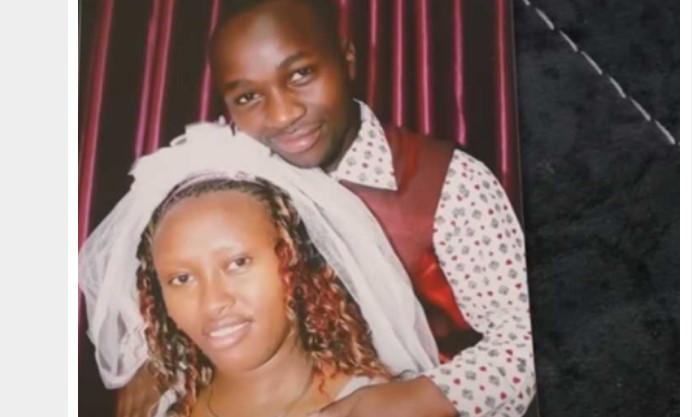When someone you love passes away, the only thing you hope for is one final chance to say goodbye. But for one widow in Nakuru, that chance was taken away.
Simon, a hardworking Kenyan who died suddenly while working abroad, had his body flown back home. But before his wife could prepare herself to mourn properly, she received the heartbreaking news—Simon had already been buried.
His family had carried out the burial swiftly in Nakuru, leaving his wife feeling excluded and deeply wounded. For her, not being part of her husband’s final journey was a pain she could hardly put into words.
According to Simon’s relatives, the decision was not meant to cause hurt. They explained that Simon’s mother was listed as his official next of kin, and that the body had stayed too long at the mortuary, leading to increased costs and delays. From their perspective, laying him to rest quickly was a matter of necessity rather than malice.
But for Simon’s widow, the reality was different. She had no chance to stand by the graveside, no moment to say her last farewell. What remained was a heavy sense of betrayal and a wound that might take years to heal.
This story reflects a painful reality many families face: in the rush to handle the practicalities of death, emotions can be overlooked. Grief is already unbearable—but when communication breaks down, decisions can leave lasting scars.
Simon’s story is a reminder that funerals are not just about laying a body to rest—they are about closure, unity, and compassion for everyone who loved the departed. A single phone call, a pause, or a family conversation can make the difference between healing together and breaking apart.
As we reflect on his story, one truth remains: grief is heavy, but it should never be carried alone.



